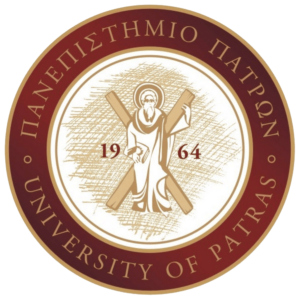Experience the Athens city center in its ancient form
The Virtual Street Museum project utilizes the Augmented Reality technology to enable its mobile application’s users to roam in the roads of Athens exploring the way the city was in the ancient times. The application provides a personalized experience for the user by creating a route, in the historical center of Athens, adapted to their personal choices. The routes offered includes points of interest enhanced with augmented reality scenes where the user can see the information of the ancient topography in an impressive way.
Ancient Topography
Research into the ancient topography of the historical center of Athens has produced a rich archive database.
Augmented Reality
Augmented reality technology is becoming more and more accessible to the public as most mobile devices nowadays can support it.
Personalized Experience
Τhe application provides a personalized experience for the user by creating a route, in the historical center of Athens, adapted to their personal choices.
Our Objective
This project focuses on promoting sustainable tourism development through the enhancement of cultural tourism, a thriving subset of the tourism industry that aims to highlight and celebrate the cultural, natural, historical, and architectural heritage of a region. Recognizing the importance of the increasingly interdependent relationship between tourism and information and communication technologies (ICT), particularly in the context of cultural tourism, the project seeks to leverage advances in digital technology for the representation and promotion of cultural resources. This involves the utilization of mobile computing technologies to transform traditional print tourist guides into personalized electronic tourist guides (PETs), complete with rich multimedia content and augmented reality features for an immersive user experience.
The project’s primary objective is to support visitors and tourists in planning cultural and tourist routes that align with their interests and consider their constraints. Until now, the potential of PETs in assisting this planning process remains an open research question, and this project aims to fill that gap. It proposes the development of an intelligent tourism guide system for designing personalized cultural-tourist routes, employing a combination of technologies such as internet information systems, optimization algorithms, and augmented reality applications on mobile devices. This system addresses the common challenge encountered by tourists in planning visits to points of interest (POIs) in an unfamiliar environment, maximizing their available time, and without prior knowledge of the comparative ‘value’ of the POIs. Choosing the most significant POIs that align with the visitor’s profile or the profile of the visit, and arranging them in time along planned tourist routes, is a complex task that requires interaction with a large number of printed and/or online resources.






